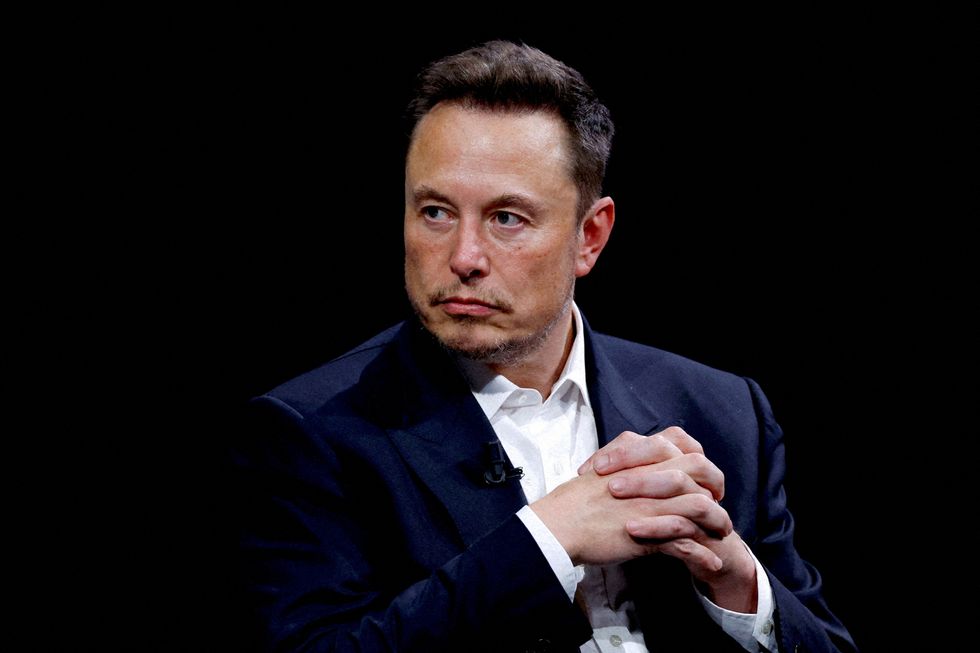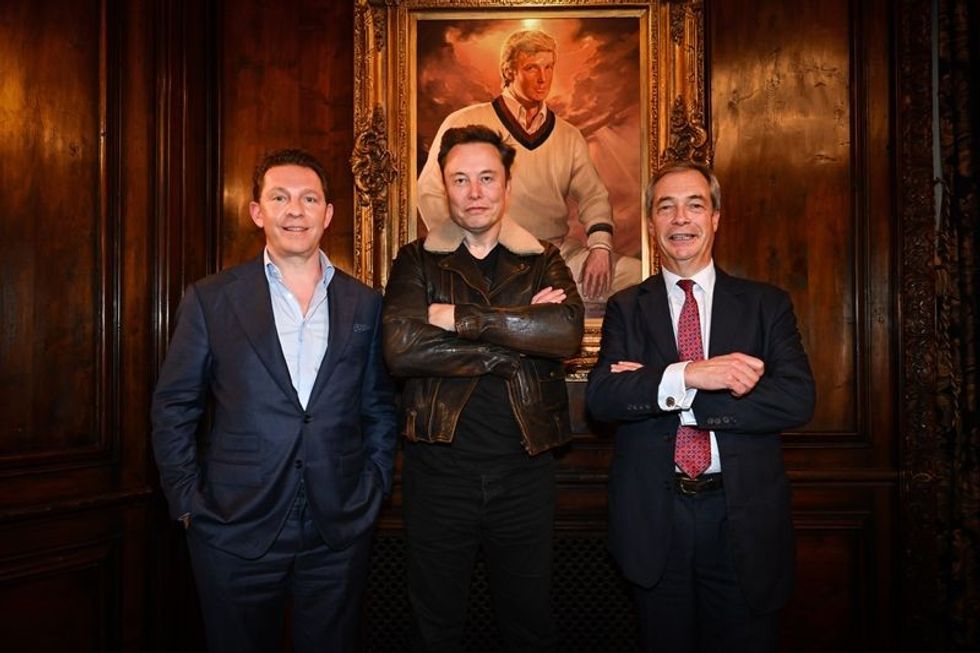Could the world's richest man oust Britain's current Prime Minister?
It's a question many politicians and political pundits are ruminating on following a report in the Financial Times claiming Elon Musk is plotting to unseat Keir Starmer.
The X owner has been weighing how he and his allies can destabilise the Labour Government and has sought information about building support for alternative British political movements to force a change in government, the report said, citing people familiar with the matter.
"His view is that Western civilization itself is threatened," the FT reported one source as saying.
It's not entirely outside the realms of possibility given that the feud is becoming more serious by the day. The Home Office's counter-extremism team has confirmed that it's ramped up its surveillance of the tech billionaire's tweets.
The monitoring has reportedly intensified following Musk's controversial posts about the grooming gangs scandal and his targeted criticism of safeguarding minister Jess Phillips, according to The Mirror.
After the tech billionaire tweeted out that "she deserves to be in prison" over her role in rejecting calls for such an inquiry, Philips has revealed she has been flooded with death threats.
Musk has also been relentless in his criticism of the Prime Minister, accusing him of being "deeply complicit in the mass rapes in exchange for votes" and taking him to task over his record on the grooming gangs while head of the Crown Prosecution Service (CPS) between 2008 and 2013.
The Home Office's counter-extremism team has ramped up its surveillance of the tech billionaire's tweets
REUTERS
Could Musk actually force a change of government?
In short, no. Direct interference from a foreign actor is a crime.
However, Musk could unseat Starmer through more indirect means, some of which are already happening.
Take Musk's relationship with figures like Nigel Farage, who is currently enjoying favourable polling. His association with the Reform UK leader shows an attempt to leverage connections within British politics to influence outcomes.
His endorsement of Reform UK and his presence at political events with key figures like Farage and fundraiser Nick Candy suggest an active role in political manoeuvring as it raises the profile of the insurgent party at a time when Labour is floundering in the polls.
Musk has also reportedly discussed supporting the party financially as a means to destabilise Labour's hold on power.
By setting up a UK-based company, Musk could technically bypass some restrictions on foreign donations, providing financial support to political entities or campaigns that oppose Starmer.
A one-off donation of £78million - the rumoured sum - would have a seismic impact on the next General Election.
To understand why, look at the average spending on political parties ahead of the 2019 General Election.
During this period, parties received a total of £30.7million in registered donations.
Musk's rumoured donation would be approximately £48.3 million more than the total amount of registered donations received by all parties that year.
How this could translate into electoral success for Reform is an unknown, especially as many orthodoxies around campaigning have been upended in the age of social media and populism, but it would undoubtedly be a boon.
The biggest benefit would be around messaging. Such a substantial amount would allow for extensive advertising campaigns across various media platforms, including TV, radio, print, and digital spaces. This could increase the party's name recognition and influence public opinion, particularly in key battleground areas.
Musk has also reportedly discussed supporting Reform financially as a means to destabilise Labour's hold on power
REFORM
Shining a spotlight on the grooming gangs scandal is arguably had the most impact on Starmer's premiership.
Starmer was already trying to put out several fires and attempting to reframe the narrative around his party when this story reared its ugly head.
By keeping up pressure on the scandal, he forced a vote in the Commons on a national inquiry on Wednesday night that Labour MPs rejected.
It's too soon to know whether or not this has impacted voter sentiment but the signs aren't good.
A new poll shows more than three in four Britons back a national inquiry.

 By GB News (Politics) | Created at 2025-01-11 06:29:21 | Updated at 2025-01-11 08:47:05
2 hours ago
By GB News (Politics) | Created at 2025-01-11 06:29:21 | Updated at 2025-01-11 08:47:05
2 hours ago










